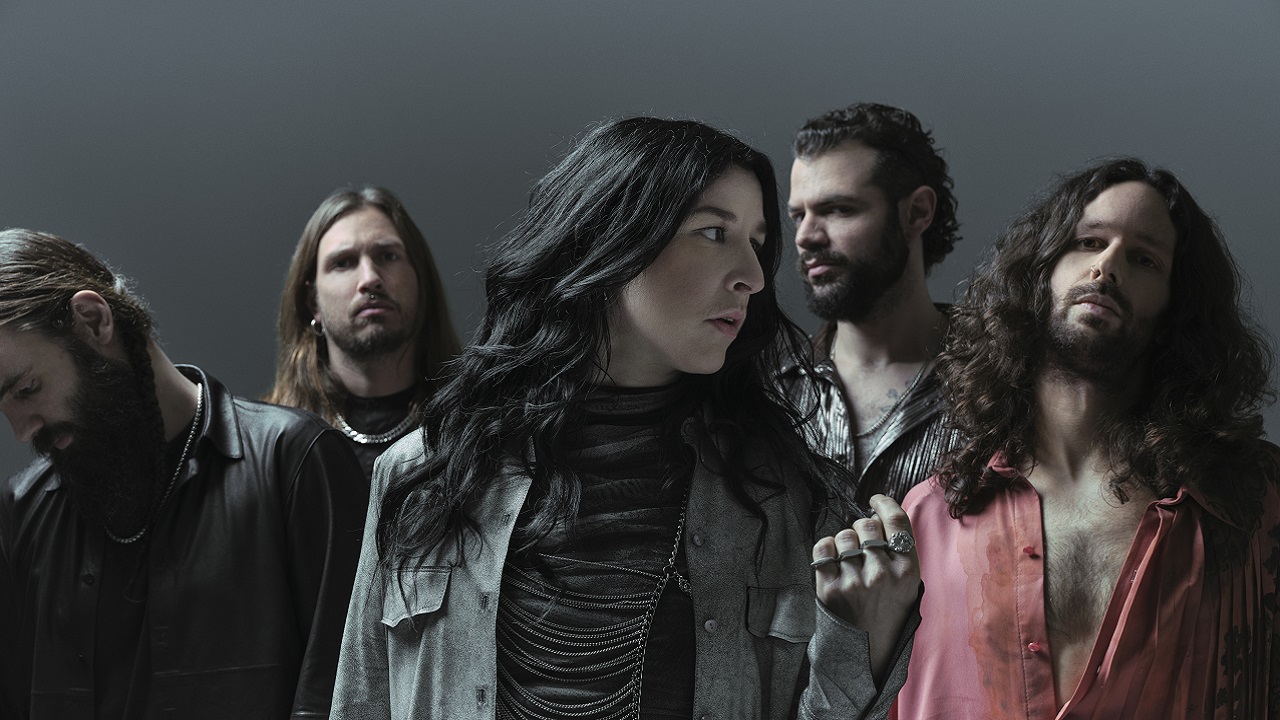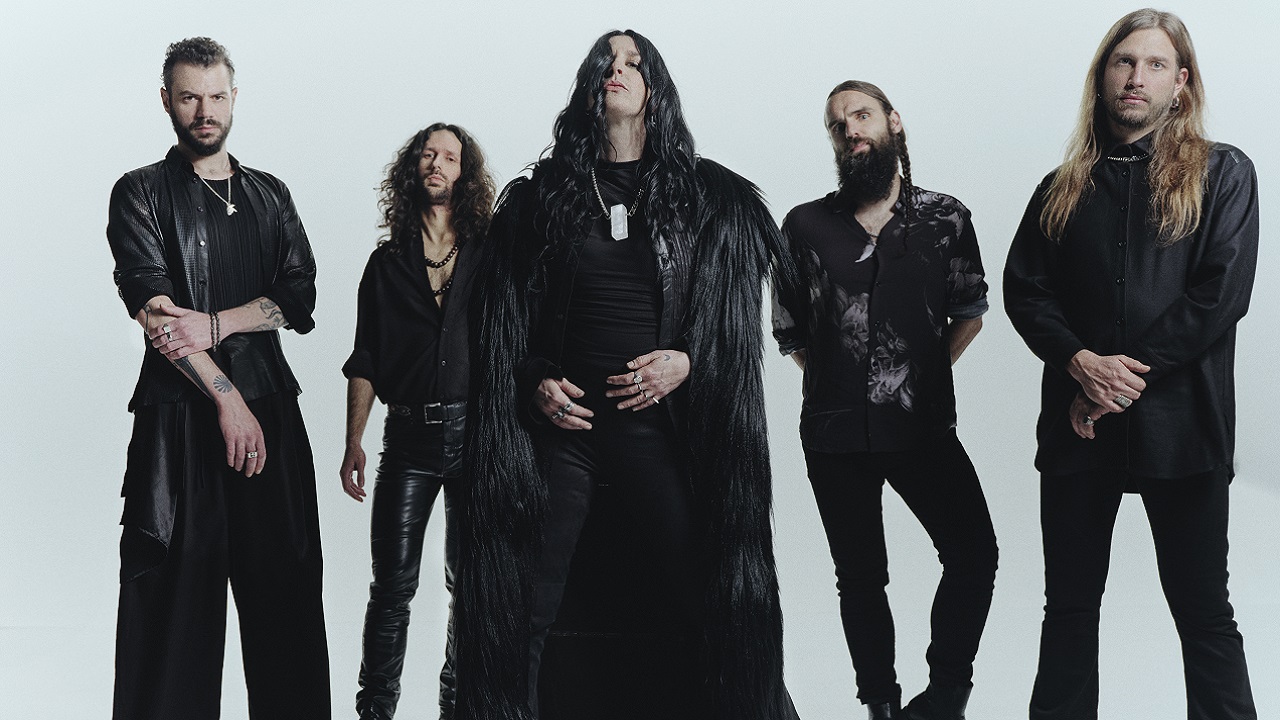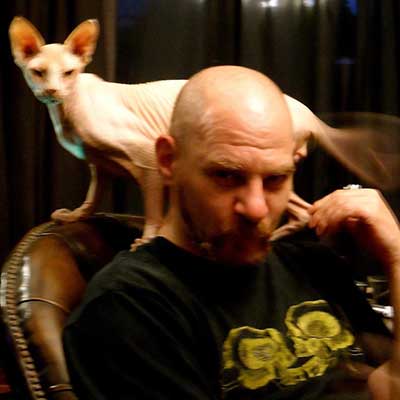When Raven van Dorst was an unruly, rebellious 20- year-old, a chance doctor’s visit led to a revelation. Raven found out they were born intersex - a true hermaphrodite with fused male and female characteristics: externally, chromosomally, psychologically. With the consent of their parents, the doctors had made Raven undergo surgery at birth, removing their male organs.
Throughout their childhood and teens, and brought up as a girl with the name Ryanne, they were never told their true nature. As a child who’d always felt uncomfortable with gender norms, constantly told by teachers to act like a girl even though they’d tell anyone who’d listen that they weren’t, the news came with a mix of emotions: relief that their intuition had been right, and a sense of betrayal towards their parents who had kept such fundamental knowledge a secret.
“I felt very disconnected from my family for a long time,” Raven says now. “It wasn’t their fault, because they trusted in the doctors. They couldn’t Google it like you can now. And ever since then, I’ve been trying to put things in place like, ‘Who am I really? Where do I go from here?’ But isn’t that life in general? I think everyone has a story like this, maybe not as intense, but everyone has to deal with shit in their past or shit about their body, or their minds.”
Raven is speaking from their native Netherlands. Sporting a Type O Negative long-sleeve and a rocker’s leather vest that’s the other side of the coin to their chic stage presence, they’re animated, candid, and driven by a gregarious energy undiminished by the tail-end of a flu. For the last nine years, the vehicle for Raven’s putting of the past, present and future into perspective has been Dool.
Formed with bassist Job van de Zande and drummer Micha Haring, both formerly of occult rockers The Devil’s Blood, Dool (Dutch for ‘wandering’) have gone beyond genre trappings, refashioning traces of goth, doom, classic and progressive rock to mark out transformative sonic and emotional territory as distinct as it is mercurial.
“I always try to evolve,” says Raven. “Everything that I’ve done musically in my life so far unlocks new possibilities, because you want to keep exploring. That’s what music is for, no? I would be so bored if I would do the same thing every fucking album. We’ll never be one of those bands whose first and seventh albums sound the same.”
Growing up in Maassluis, near the south-west coast of the Netherlands, the tomboyish Raven was drawn to fellow misfits at school, discovering Nirvana and Slayer in their early teens, before finding a community of squatters, punks and metalheads.
After briefly joining all-girl pop-rock band Bad Candy as guitarist in 2004 at the insistence of their mother, the role felt too constricting, and Raven found a closer connection to the punk scene – first as a member of pop-punk band The Riplets, and later with garage punks Anne Frank Zappa.
Raven’s first band in the wake of the knowledge of their hermaphrodite nature was a solo project under the name Elle Bandita, not only a reaction to the normative feminine roles that had been forced upon them, but with the raunchily hyperactive track Ubersex, the stirrings of a coming to terms with their identity.
“At that point, I had only just found out and I made a joke out of it in a way,” Raven says. “It wasn’t until later that I started to realise what it actually meant to me. I was still young and I found a whole lot of other stuff very important, like partying and being angry at everyone. I was a punk with a very big mouth.
It wasn’t until later that I felt the emotional impact that it had on me. It was a process, but I lost a lot of the anger. I became more at peace with myself and my history. So I started to look a bit more ahead, to reclaim the right to be Raven, the intersex person, the hermaphrodite. I’ve made a strong fist to get that birthright back.”
When The Devil’s Blood rhythm section joined, Elle Bandita underwent its own transformation into Dool, and with it came a new personal and musical outlook. One that Raven describes as “less aggressive and angry at the world, and more like ‘how can I teach myself to fit into this world’, trying to analyse yourself in what way you are participating in society and in the world”.

Where Dool’s first two albums, 2017’s Here Now, There Then and 2020’s Summerland, found Raven – still calling themselves Ryanne - alluding to that birthright through allegory and metaphor, the band’s latest album, The Shape Of Fluidity, is a more head-on examination of what it means to relate to a world without a box to put you in, and the freedom that comes from non-conformity.
More of a collaborative band effort than ever before, with all the trust and vulnerability that entails, and coming after a period of lockdown-induced self-reflection during which Raven let go of their former name Ryanne and divested themselves of binary pronouns, The Shape Of Fluidity sees the band embrace a newfound sonic scope and a liberating emotional weight.
While you might find passing references to Ghost on the opening Venus In Flames or Grave Pleasures’ apocalyptic post-punk hedonism on Evil In You, the album as a whole sounds like no one else, in the way that genuinely fearless journeys of self-discovery always do. Like Summerland, it’s an evolutionary leap, emerging with a fresh set of nerve-endings already tingling in response to the vast new vistas spread out before it.
Psychedelic in nature if not in style, gothic in its lantern-in-the-shadows sensibilities, it’s an album that maps out internal terrain that sounds like it’s being discovered in real time, weaving spidery webs of tension, mammoth grooves and opulent, anthemic riffs around Raven’s fervently searching vocals. It’s simultaneously a grand narrative suite, an intimate testimony and, for all those whose truths feel yet to be told, a potent spell of recognition.
“I was a bit creatively depressed in the run-up to making this record, because of all the lockdowns and all the cancelled tours after Summerland came out,” Raven admits. ‘But then the guitarists Nick [Polak] and Omar [Iskandr] asked me on writing dates, and they really got me into it. It became a whole different process for me because it was way more intuitive, and a lot of feelings just poured out. I realised it was going to be very personal.”
The first song the band wrote was Hermagorgon. A play on the words ‘hermaphrodite’ and ‘Gorgon’, a snake-haired monster from Greek myth, it was a means not so much to reconcile their past, but to reclaim it, to understand the power they’d been granted.
“When I was born, I was thought of as some kind of monster – that’s what they made of me,” Raven explains. “And then they tried to fix me. If I was born in some other time or in another country, I would be like a god or something, but, if you think I’m a monster, I’ll be your monster rather than living the lie that you forced me in. I’m not Adam, I’m not Eve, I’m the fucking snake in your paradise! Ha ha ha!”
As well as examining themes of gender and identity within Dool, Raven has addressed them in a more public forum as a Dutch TV host, whether as a judge on Drag Race or fronting documentaries dealing with those issues. A 2017 documentary series, trying to break the taboo of being in the grey area between defined gender norms, led to a host of heartfelt messages from parents of intersex babies, intersex people themselves and the wider trans community.
“I was aware of the responsibility that I had,” says Raven. “I’d never felt heard or represented, but there are probably a lot more little Ravens out there, looking for a feeling of belonging. It was a really moving time, and it still is, because there are a lot of people who feel that I represent something in public that’s like them.”
For a band with such a personal yet embracing outlook, whose constant, open-ended need to keep evolving has made them a singular identity within the wider metal world, Dool have found a broad, committed community to embrace them back.
“I see people from so many different walks of life coming to the show,” says Raven. “There are the occult, black metal-ish people because of our connection to The Devil’s Blood, and then there’s queer kids who come for my story, and there are old rockers in the back. I think that’s a unique thing about Dool, that we have such a diverse audience. People who are looking for something, who are soul-searching, they might end up at a Dool concert. It’s all people who don’t feel finished… and love some good guitar work! Ha ha ha!”
The Shape Of Fluidity is out now via Prophecy.



